Description
ABSTRACT
Locus Standi and Public Interest Litigation in Environmental Matters in Nigeria: Lessons from Centre for Oil Pollution Watch V Nigerian National Petroleum Corporation
Joseph N Mbadugha Esq*
Sufficient interest or injury above every member of the society as a determinant of locus standi was developed in the context of private litigation. This determinant focuses on an individual who commenced an action in court rather than on the issue(s) they have presented for determination. It is properly fitted in private litigation, and it became a veritable and efficient mechanism in warding off interlopers. This article examines the concept of locus standi in the context of public interest litigation in environmental matters in Nigeria and empirically reviews decided cases within this sphere by Nigerian Courts. It was discovered that the determinant of locus standi as developed in the context of private litigation crept into the realm of public interest litigation and stultified the development of the law. Despite the Supreme Court’s approach in Fawehinmi v Akilu Nigerian courts still applied the sufficient interest or injury test in determining locus standi in public interest litigation until the Supreme Court recently expanded the determinant of locus standi in Centre For Oil Pollution Watch v Nigerian National Petroleum Corporation. This article suggests new paths to chart for sustenance and further development of public interest litigation and environmental law in Nigeria.
Keywords: Locus Standi, Environmental Law, Public Interest Litigation, Private Litigation.
INTRODUCTION
Environment, though a difficult word to define, is generally considered to be a word which has no singular definition as it is a relational concept.1 It could, however, be defined by reference to the physical non-human environmental media including land, water, air, flora and fauna and so on.2 This said, in Nigeria, it is statutorily defined by the Nigerian Environmental Standards and Regulations Enforcement Agency Act as water, air, land, all plants and human beings or animals therein and the relationship which exist among these or, any of them.3
Man is central in environment. To this extent, there is an intrinsic relationship and interaction between man and the environment.
* LL.B (Hons), LL.M (Wales), BL. Principal- McCarthy Mbadugha & Co, Barristers & Solicitors, Pacific Court, No 19 Johnvic Igboanugo Street, Lekki Peninsula, Scheme 1, Lagos, Nigeria. Visiting Professor Lazarski University, UL Swieradowska 43, 02 – 662 Warsaw, Poland. Email: mb*******@**************ha.com. The author was Counsel to the Appellant/Plaintiff, in the case, from Federal High Court through to the Supreme Court of Nigeria.
- John Barry, Environment and Social Theory (Routledge 1999) 11-13.
- Stuart Bell and others, Environmental Law (9th edn, Oxford University Press 2006) 7.
- National Environmental Standards and Regulations Enforcement Agency (NESREA) Act, CAP N164 Laws of the Federation 2010, s37. See also A-G Lagos State v A-G Federation [2003] 12 NWLR (part833) 1, 241 [paras C-D].

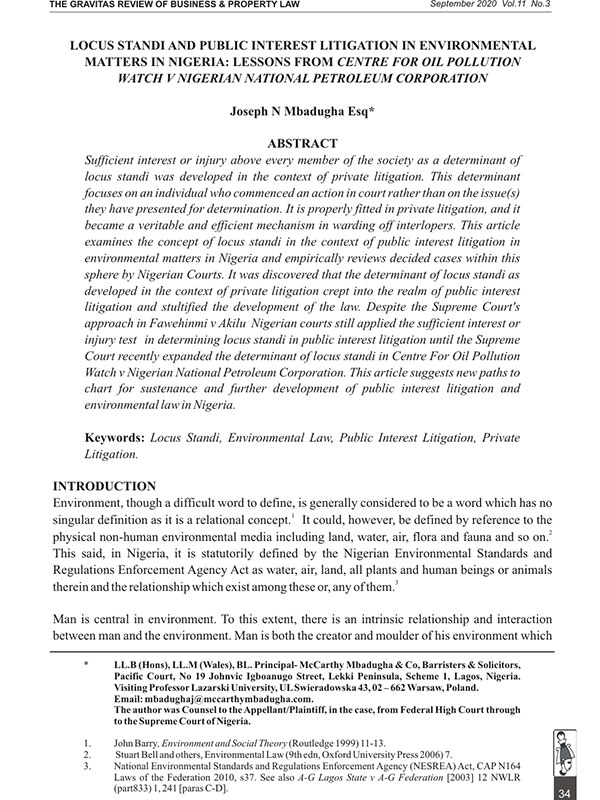
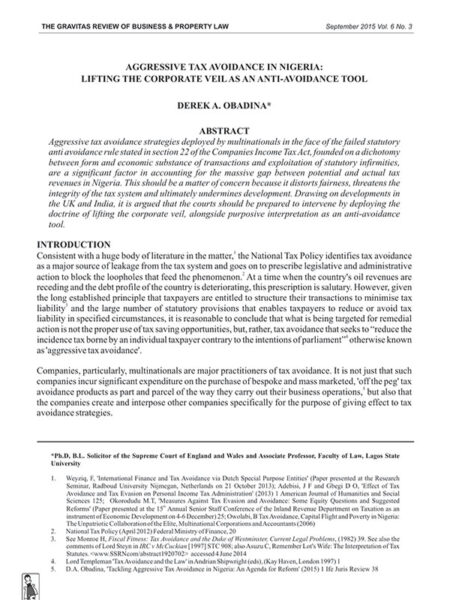
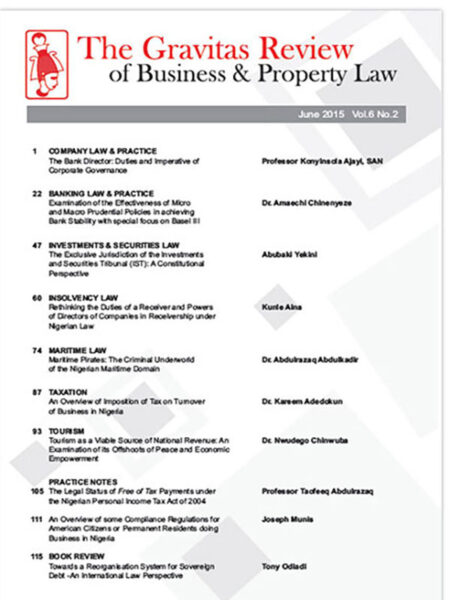
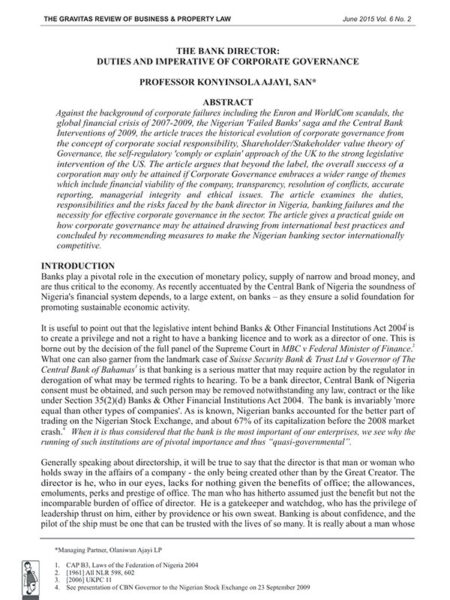


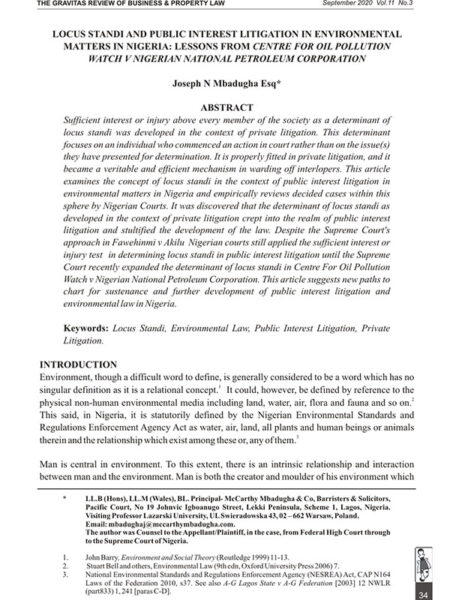
Reviews
There are no reviews yet.